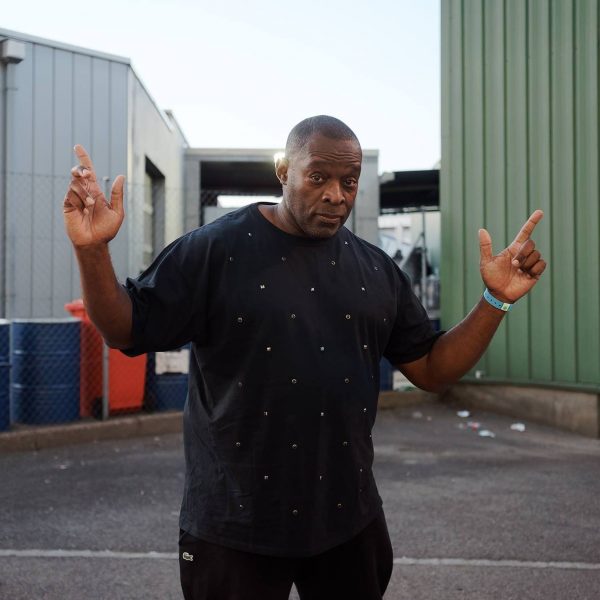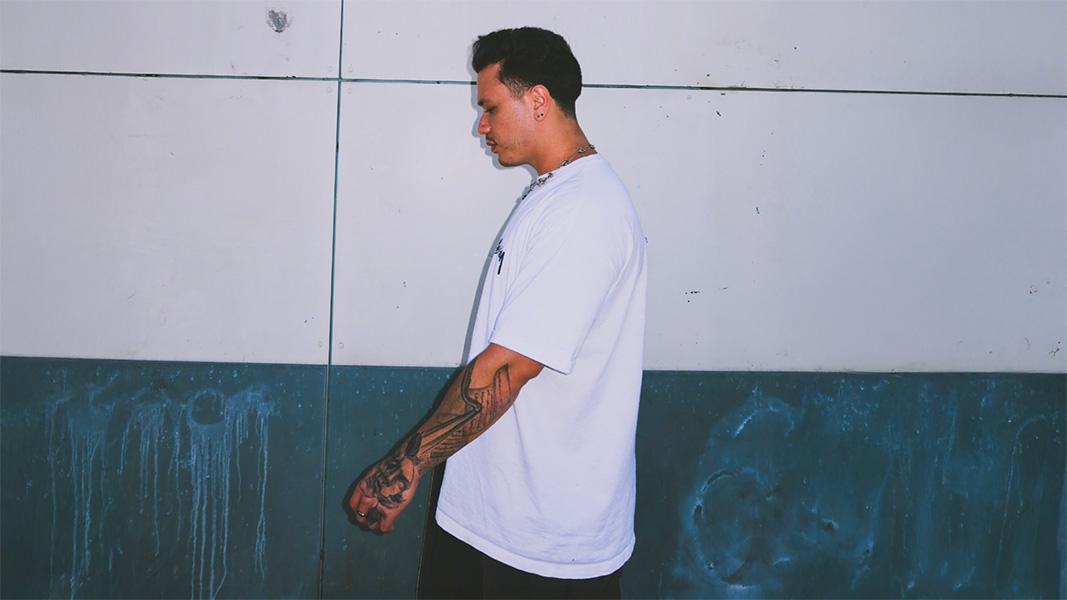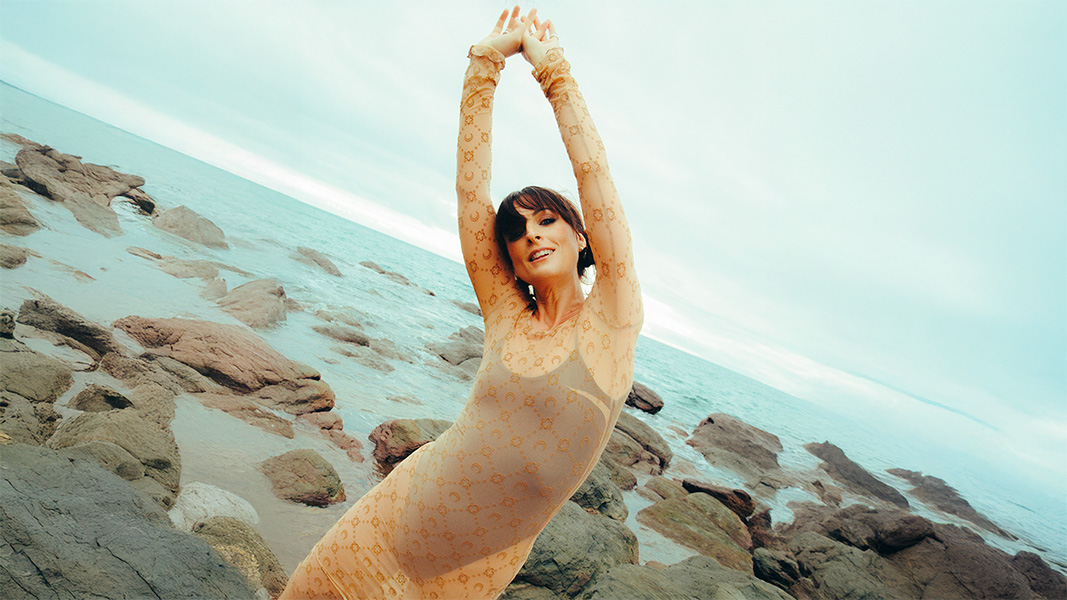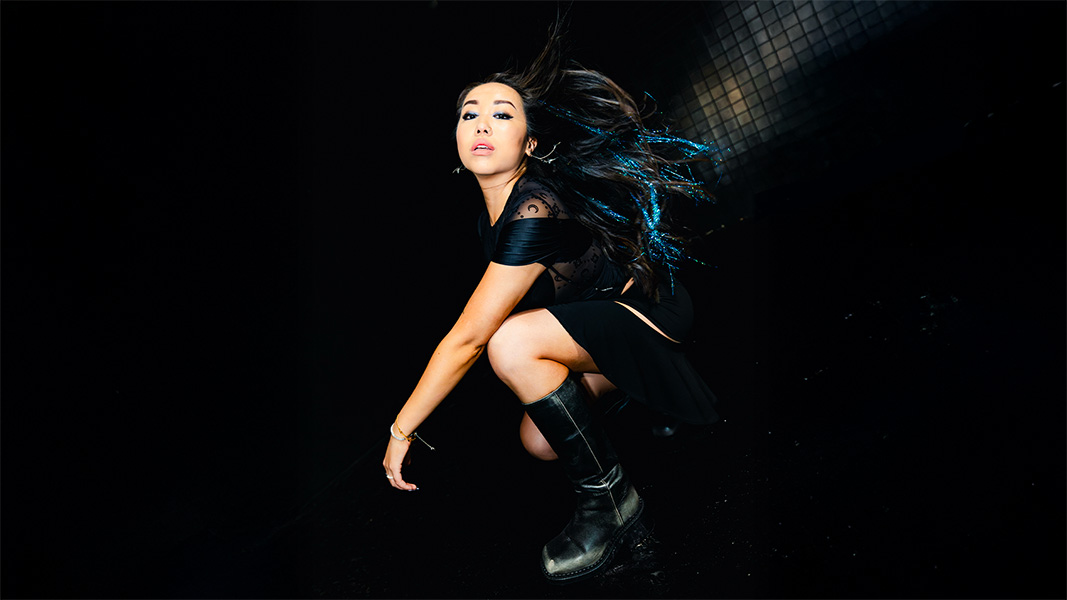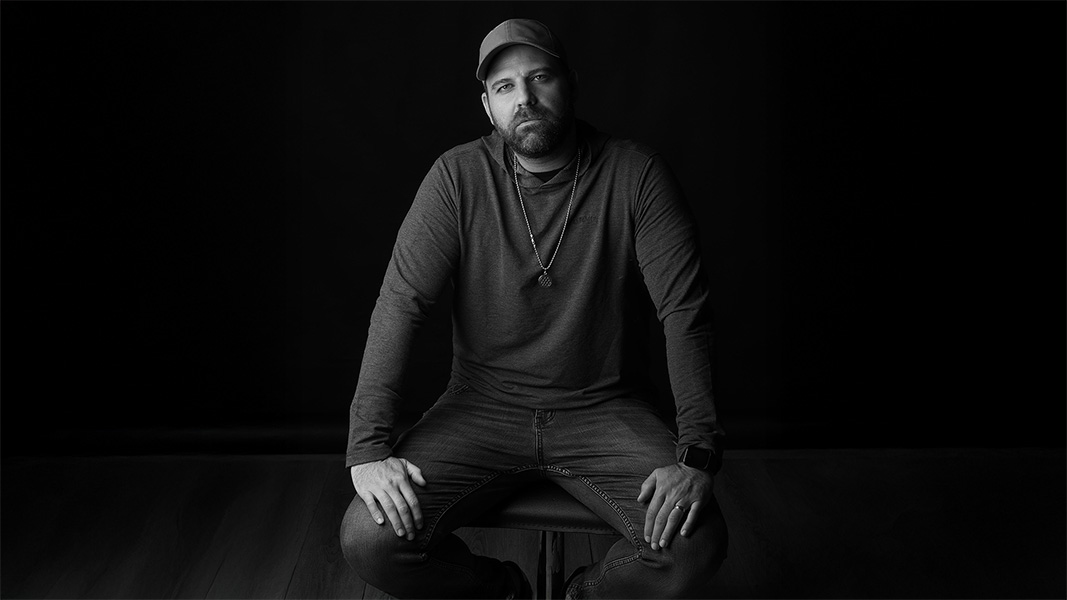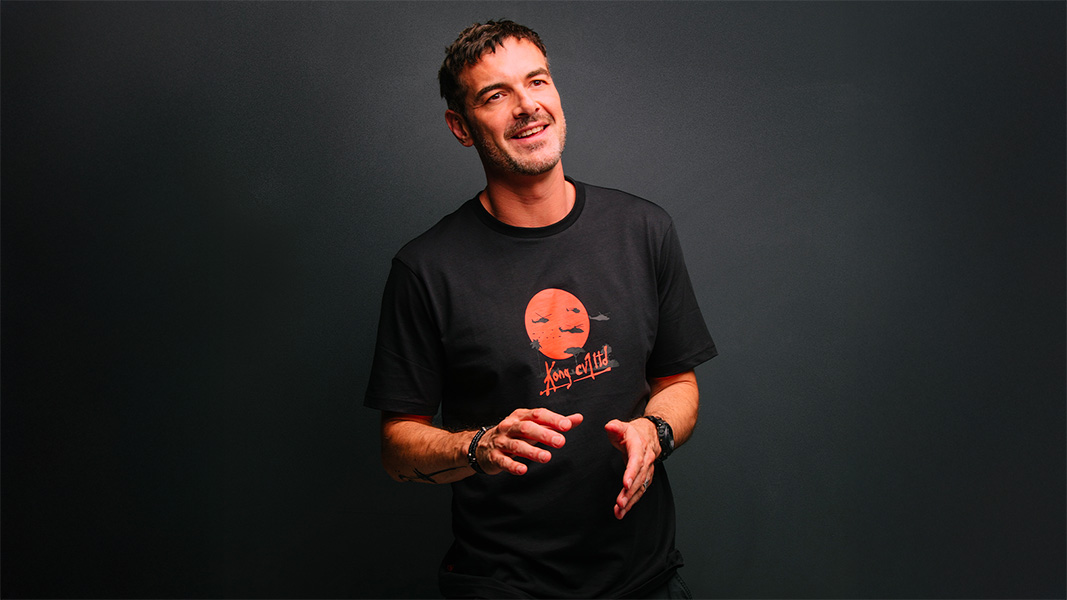Techno pioneer Kevin Saunderson is our guest on the latest edition of our central podcast series. The Detroit producer, boss of KMS Records, needs little introduction. Platinum-selling recording artist, label boss, festival promoter, true innovator in the pantheon of popular music, cultural champion, cracking DJ: there’s a lot to be said about Kevin Saunderson. His influence runs deep, through both adopted hometown of Detroit, and music culture as a whole: as one of the Belleville Three, the high school trio which also includes Juan Atkins and Derrick May, he irreparably changed the face of electronic music; with Inner City, he gave it some of its most memorable tunes. He’s delivered a sublime sixty minute recording for the occasion and we caught up with him about the evolution of his career, his recent album with E-Dancer and more. Read on below. Let this one carry you blissfully through the week!
WWD: Hey Kevin, it’s an honor to talk with you today! Where are you in the world right now? And what have you been up to recently?
Well, I’m back at home, I just got finished a couple weeks, I was on tour, I was in Strasbourg, Germany, I was in Barcelona pretty much, and I was in Amsterdam. So I’m back home after some good gigs… Keeping it moving.
WWD: As we near the end of the year, where has been your favourite place to tour /to play this year?
Humm, so some of my favorite places to play, humm, I would think Bogota. Colombia in general has just been and seems like a really exciting market right now, lot of great parties either big or small. I did a couple of festivals there, a couple of clubs and you know, you get that energy from the crowd of… just a great vibe. That was really good. Also, I really enjoyed ADE. I did a lot of great gigs this year that has been really good.
WWD: We’re very excited to share your mix today. How do you go about making your mixes? Do you have a certain formula or process that you follow?
I just play great music in my opinion. I play different, I play house, I can play deep house, obviously I can play techno. So it depends on my mood at the time. So right now, I’m more or less techno with a groove of course and I like to build, build my session no matter what kind of music i’m playing. That’s just how I’ve been and probably through all my career. I can play a set that goes from deep house to tech house and into techno. So it really depends.
WWD: With a career spanning over 40 years, what do you feel has influenced the evolution of your music/sound most from when you started to now?
I don’t think I’ve been in the game for 40 years but a least 35 or 36 haha ! I put my first record out in 1987 and I started about 3 years before. Anyway.. The whole music scene has definitely evolved since the beginning. Technology plays a very important role in that of course and I’m still in the game, I still love new technology. Djing has become just huge with so many festivals and the expansion from where I started when it was only two or three hundred black kids listening to this music to now, the whole world no matter where you go, from Australia, to Japan, to London, Germany, the Netherlands and all around the world, people are dancing to some form of what we kind of ignited in a different way with our sound and the sound of Chicago. So, you know, it continues, people want to dance and people will continue to dance. Obviously there’s more music out there, there’s different genre of electronic music. There’s evolution.
WWD: What are you most excited about in 2019?
In 2019, what I’m the most excited about is my Innercity. It’s been 30 years since the first record came out so Innercity is 30 years old. So i’m really excited about that. Just the fact that we got a new album deal sign with Armada, we are going to be be touring, probably got 15-20 dates in the route, lot will be in the UK, where a lot kicked off for us but we will hit Germany too, the Netherlands and maybe a few other spots, so that’s exciting to be able to do that. My son Dantiez is joining Inner City, he’s working on new music and we are also working together on some music. He’s gonna be touring with us. We did one show at Movement last May, which was fantastic to play at home. We are looking forward to continuing it.
WWD: Your album with Virus J on KMS Records this month is a totally new sound for you. What was the inspiration behind it? How did your relationship with E-Dancer come to be?
It’s a new sound, but it’s also connected to previous sound and I always felt like with E-Dancer I can easily turn it to a theme or movie track and I always wanted to do that. So just by working with him for a few projects, cause he’s engineering some things for me, I got to know him really well and I found out he was classically trained. So I always had this vision that I’m gonna take these tracks and do something uniquely different and add elements and make it a whole different dynamic like films, atmospheric and stuff like that. So we get to talk and since he’s already classically trained, it helps speed up the process otherwise it would have take me 5 years to complete this album. So we were able to connect and I started out by giving him some instructions, sending him some stems, let him work on it and he sent some stems back to me. We talked and this kept working that way until we got it right and I was happy with the final result. I add elements to it, change some things around but in the end he played a really good role ’cause I’m not classically trained, you know, but I know good music, I know feeling, I know warm, I know how to get that. Classical is a little different when you’re doing it with this type of sound. So, that’s how we came to be.
WWD: As a pioneer of the Detroit techno sound, how do you find a balance between experimentation and nurturing a signature sound?
I have a lot of different musical inspiration in me, from going back when I first started to disco, which led me to creating music at some point or having a vision, a template to work from, so experimentation is just really the moments in the mood you’re in and how you’re feeling. If you’re always making music, (I’ve never really stop creating music, I might stop releasing music but I don’t stop making it) you capture those moments when you’re creating and something in the sound comes out different, experimental or with a small signature depending. And if I’m working with a vocalist like Innercity or something like that, of course, that’s gonna to be a little different because it’s not just all musical, it’s not just all me. But you know, I can bounce it very easy because I’m inspired in many different ways and I have that in me, thank god’s gift.
WWD: Do you feel producing is important for DJs? Why?
Yes, I think producing is important for DJs because when I was a DJ, before I started producing, I felt there was a void in my music. Meaning: I was playing stuff like Prince, Funkadelic, Kraftwerk and some classic disco song, Planet Rock, stuff like that in my set . But I felt like : I need it to sound more consistent. I need it more 4 on the 4. So I started bringing drum machine and mixing it in my set. And then from there, I start adding baselines and before I knew it, I was making my own track. But I had a feeling that I wanted to portray on the dancefloor and the only way I could do that is by creating so I was forced to become producer or I was inspired to become a producer because I felt there was a need. So you set the tone for the audience and you help grow that music throughout your community, your region, maybe the world and that is what kind of happened with us, with myself and Derrick May, Eddie Fowlkes, Mike Banks, and all the guys who were around at the beginning. So yes, I think it’s very important.
WWD: Thanks for chatting with us, we hope you the best for 2019 !
Have a good one ! Peace out
Follow : Kevin Saunderson

